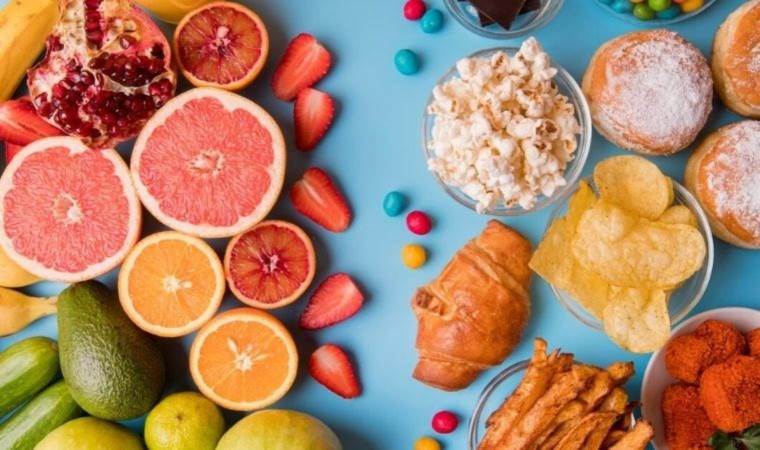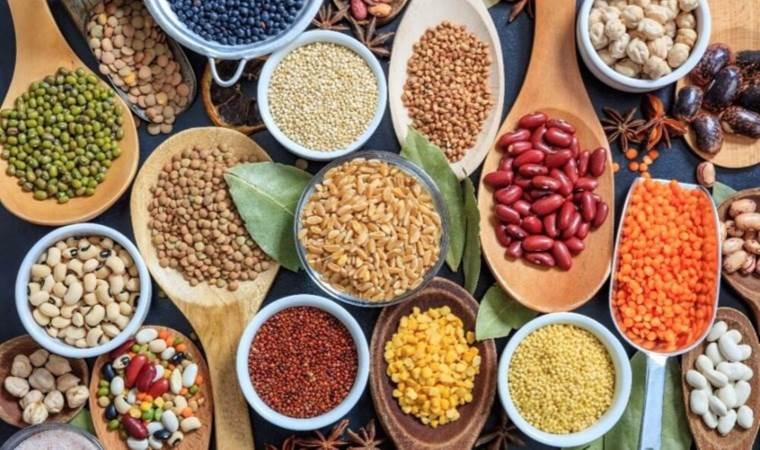Zero-calorie foods: Myth or reality?
In the journey towards healthy living, individuals closely monitor their daily calorie intake. This vigilance often leads them to seek foods with low or even zero calories, especially those on a diet striving to keep their calorie consumption under tight control. This raises the pivotal question: Are there truly zero-calorie foods?

In today’s health-conscious society, healthy eating has become an integral part of many people’s lifestyles. The pursuit of foods that are low in calories yet satiating aims to support weight management and maintain a healthy lifestyle. However the existence of zero-calorie foods remains a topic of interest.
Is There Such a Thing as Zero-Calorie Food?
The concept of "zero-calorie" or "calorie-free" foods is not entirely accurate. All foods can be converted into energy by the body in some form. However, the digestion and metabolism of certain foods may require the body to expend more energy, potentially bringing the net calorie effect closer to zero.
For example, mushrooms and some fibrous foods, along with low-energy-density vegetables, can cause the body to use more energy during digestion, effectively reducing net energy intake.
This does not mean these foods are devoid of calories or have no calorie effect. Calorie intake and expenditure significantly impact body weight and overall health. A balanced diet and regular exercise remain crucial components of a healthy lifestyle.
What Are Some Low-Calorie Foods?
Foods that are low in calories but high in satiety can help achieve weight control and healthy eating goals. Here are some recommendations for low-calorie foods that also help keep you full:
Vegetables: Green leafy vegetables, in particular, can increase feelings of fullness due to their high fiber content. Options include spinach, lettuce, swiss chard, and broccoli.
Protein Sources: Foods rich in protein, such as chicken, turkey, fish, and eggs, can enhance satiety.
Legumes: Lentils, chickpeas, and beans, with their combination of protein and fiber, support a feeling of fullness.
Whole Grains: Whole grain bread, oatmeal, and brown rice, with their fiber content, can help you stay full longer.
Yogurt: Low-fat or non-fat yogurt, with its protein content, provides satiety and its probiotics support digestive health.
Fruits: Certain fruits, especially those high in fiber, have satiating properties. Opt for apples, pears, and strawberries.
Nuts and Seeds: Nuts like almonds and walnuts, rich in natural fats and protein, can increase fullness when consumed in small amounts.
While the hunt for zero-calorie foods may be more myth than reality, focusing on low-calorie, nutrient-rich foods can effectively support health and wellness goals, making the journey towards a healthier lifestyle both attainable and enjoyable.

